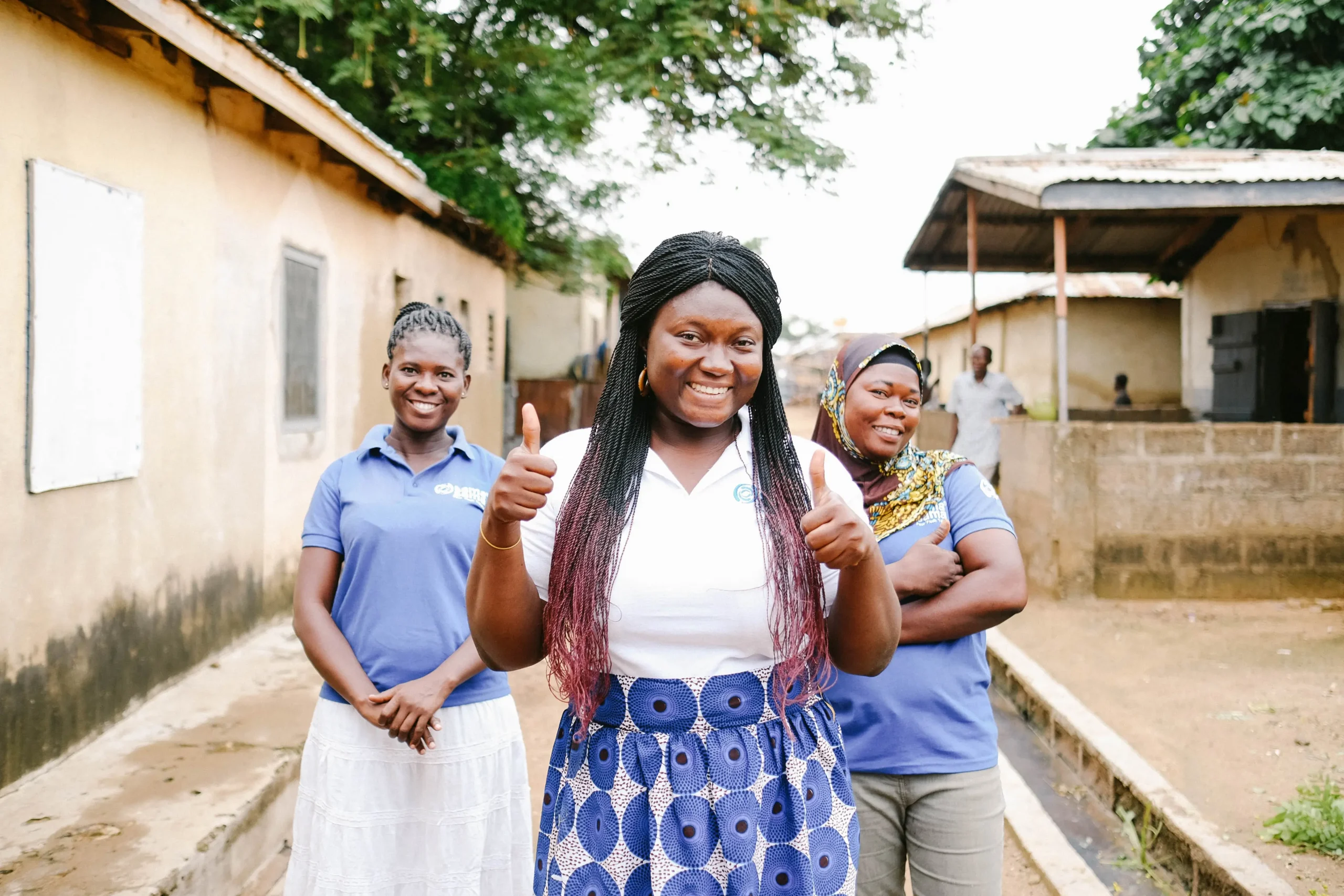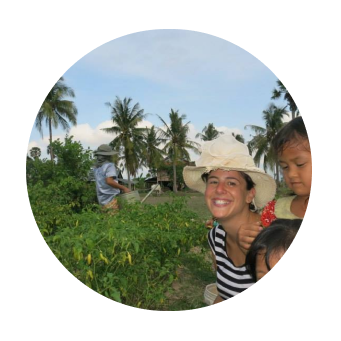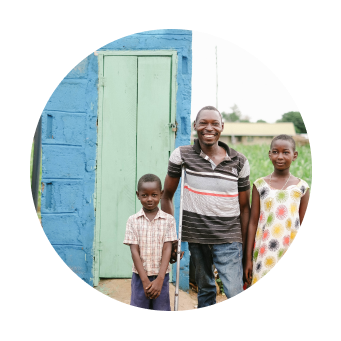Equality For Women
Power imbalances and harmful social norms prevent socially excluded groups – like women and people with
disabilities – from going about their lives freely, preventing them from taking full and equal advantage of opportunity.
By focusing on women as customers and entrepreneurs, iDE strengthens their participation in rural value chains
and increases their access to technology, know-how, finance, and markets. Success in commercial farming also
increases women’s self-confidence and standing in the community.
Ghana
In rural areas in particular, women are five times less likely than men to have paid employment. However, 40 percent of the vegetable farmers in Ghana are female, and have little access to resources to improve their production.
Bangladesh
Reducing poverty requires a specific concern for the situation of women and their role in rural markets. iDE takes time to listen to women as both customers and entrepreneurs.
Ethiopia
Fathers and husbands determine whether Ethiopian women have access to resources and can engage in their community, even though women make up the majority of the agricultural labor force. When women are able to have control of their own incomes, they are more likely than men to spend it on the betterment of their families.
Nepal
Not only is gender inequality high in Nepal, it is further complicated by discrimination based on ethnic, caste, and regional differences—Madhesi and Dalit women in the agricultural Terai Region are the most marginalized and excluded.
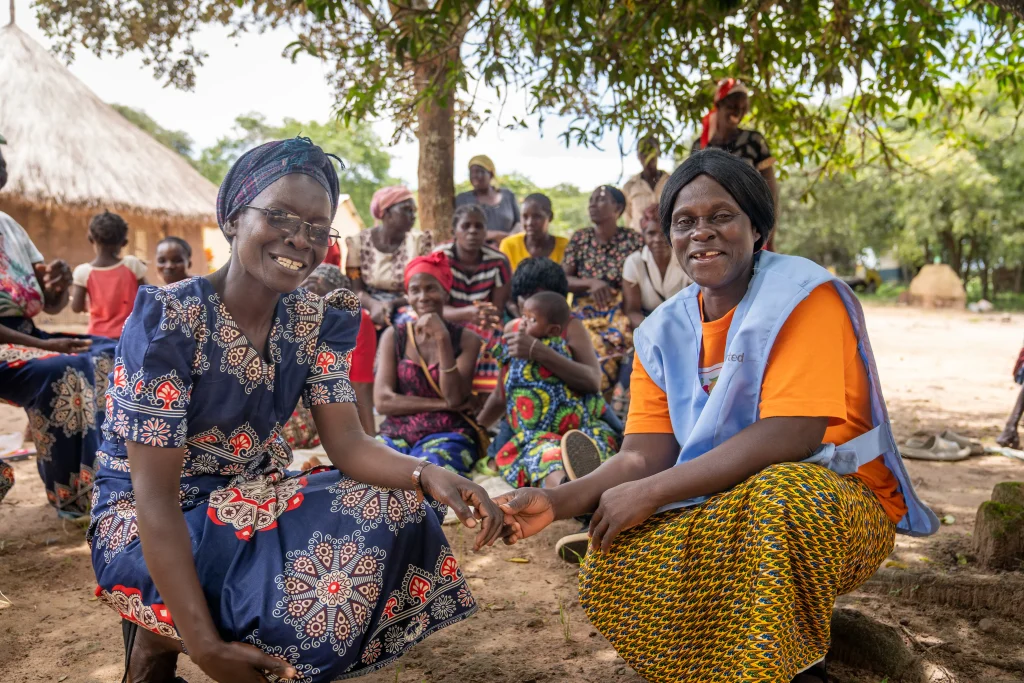
Ired Chuumbwe, 46, is focused on
growth, not only for herself and the five
children she’s raising as a single mother,
but also for her community.
As a Farm Business Advisor (FBA) in southern Zambia,
she provides an essential link between farmers in
remote areas and suppliers in commercial centres.
To date, iDE has been able to train over 400 FBAs like
Getrude, serving more than 110,000 farmers across
five provinces in Zambia. For the first time, these
farmers have access to sound advice on maximizing
yields, controlling pests and finding better markets
for their produce. Your support trains more farm
business advisors like Getrude to provide life-changing
opportunities to those who need it most.
- iDE’S 1,200 EMPLOYEES make up a network of diverse individuals who are committed to the organization’s values and mission.
- We believe in the principles of equity, diversity and decolonized development when it comes to hiring processes.
iDE’s global workforce increasingly reflects the diversity and experience of the people we serve.
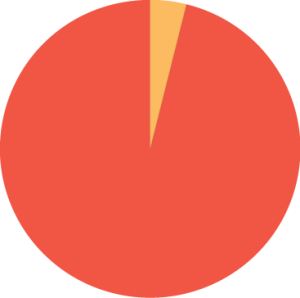
96% Field Offices
4% Headquaters
The overwhelming majority of our staff (96%) live and work in the countries and areas we support
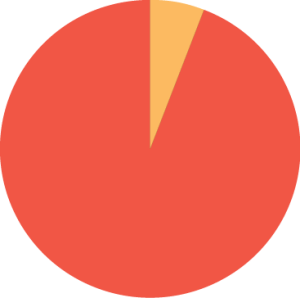
94% National
6% International
We hire locally. In fact, 94% of our staff are citizens of the same countries they are working in
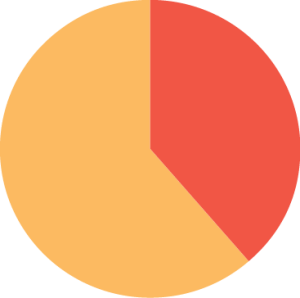
36% Female
64% Male
36% of our global staff are female, and we’ve committed to hiring more women in all aspects of our business
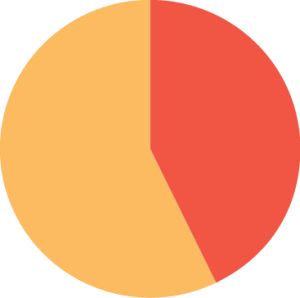
43% Female
57% Male
43% of our senior management positions are held by women, who serve as role models and mentors

